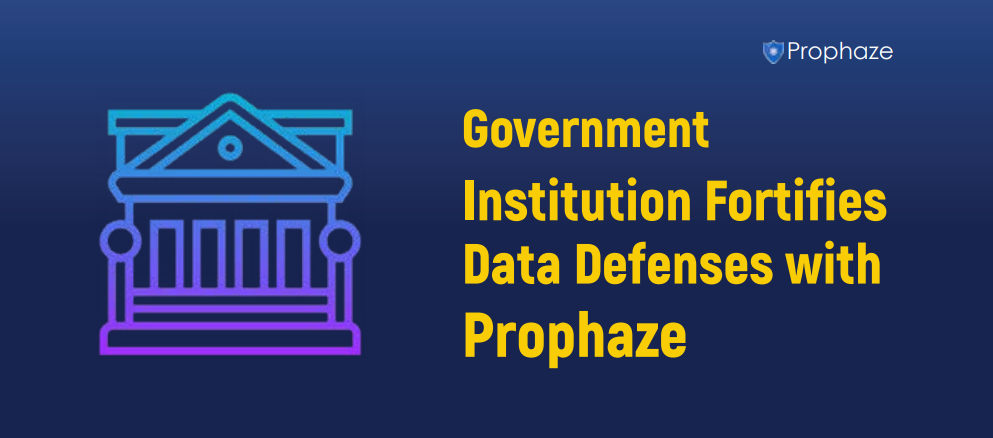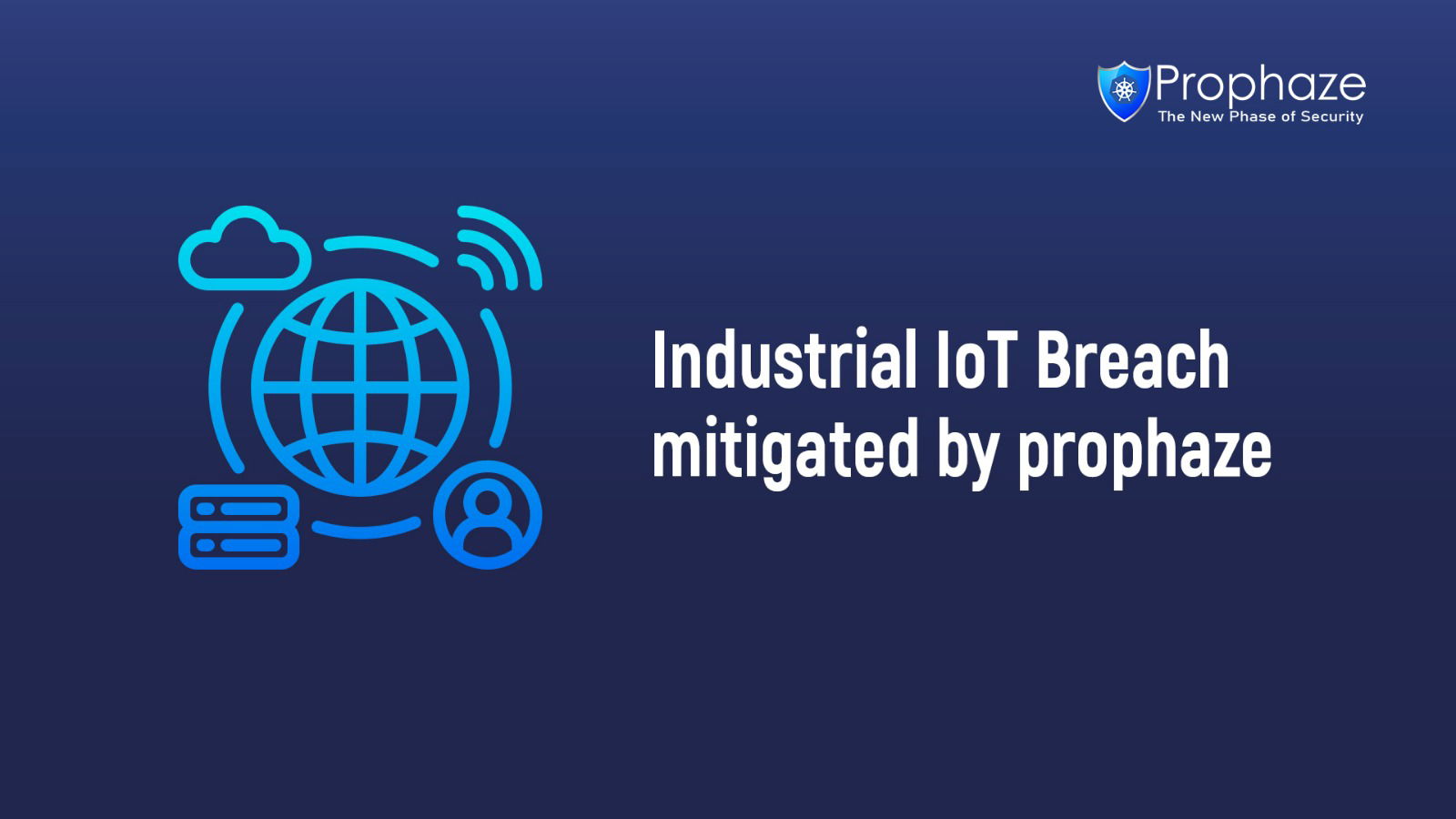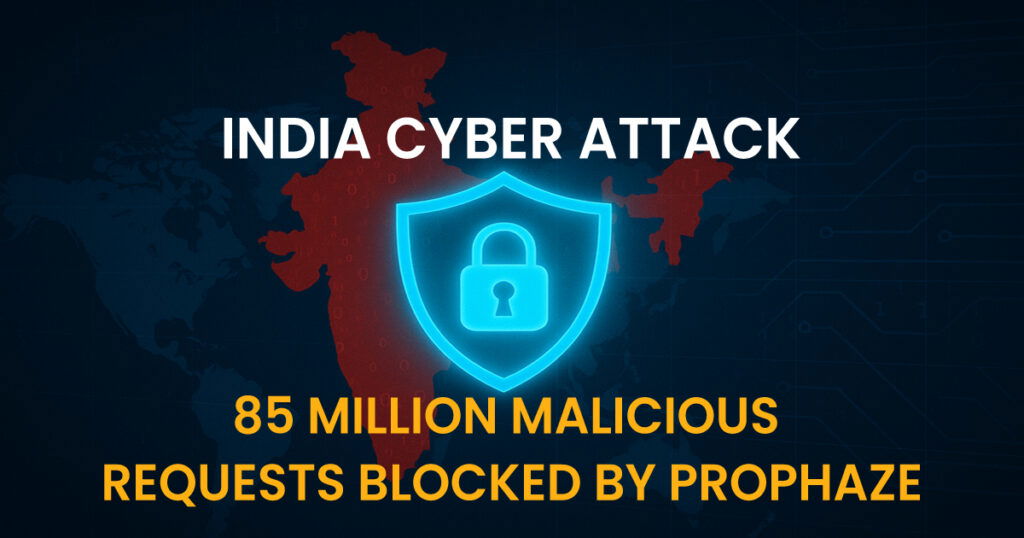Cyber Warfare is the use of digital attacks by one country or organization to damage or disrupt another country’s critical infrastructure, systems, or assets. in the age of technology The battlefield has expanded beyond physical boundaries. And malicious cyber activity has become a key component of modern warfare. These digital wars can target everything from government networks to essential services such as power grids, financial systems, and defense mechanisms.
Fundamentals of Cyber Warfare: Beyond Conventional War

This is different from normal wars where armies use physical force to fight. Cyberwarfare takes place in the digital realm. This includes attacks on computer systems, networks, and digital infrastructure. These operations are often secret. This makes it difficult for victims to track down perpetrators or know when an attack has occurred.
Types of Cyber Warfare Attacks
Distributed Denial-of-Service (DDoS) Attacks:
Flood a network with traffic to make a service or system unavailable. DDoS is a common weapon in cyber warfare. Used to destroy websites and critical infrastructure.
Malware and Ransomware Attacks:
Inject malicious software designed to damage a system. Stealing sensitive information or accept payments. Stuxnet is a well-known example when malware was used to attack Iran’s nuclear program.
Espionage:
Hacking into systems to steal sensitive government or military information. Cyber espionage allows adversaries to gather sensitive information without physical confrontation.
Supply Chain Attacks:
Target third-party vendors or service providers of critical systems. By indirectly accessing sensitive data or systems.
Cyber Propaganda:
Use misinformation campaigns and social engineering techniques to influence public opinion. Sow dissenting opinions or distort the election This is often done through social media platforms. Push false narratives to destabilize the country.
Key Motivations Behind Cyber Warfare
Political Gain:
State-sponsored attacks are often politically motivated. Its aim is to weaken the opposing infrastructure. or degrade leaders and institutions.
Economic Disruption:
Cyberattacks targeting financial institutions and markets can wreak havoc on a country’s economy.
Military Sabotage:
In some cases, the goal is to infiltrate defense networks. Disable military communications or damage important equipment such as weapon systems.
Intellectual Property Theft:
Some countries use cyberattacks to steal technology or intellectual property. Develop their innovations or create a competitive advantage.
Nation-States and Cyber Warfare: The New Arms Race
Countries such as Russia, China, North Korea, and the United States. It has invested heavily in both offensive and defensive cyber capabilities. These countries engage in cyber espionage and develop cyber weapons to prepare for future digital conflicts. APT (Advanced Persistent Threat) groups are often associated with nation-states. It operates behind a veil of anonymity. and conduct highly complex cyber operations.












